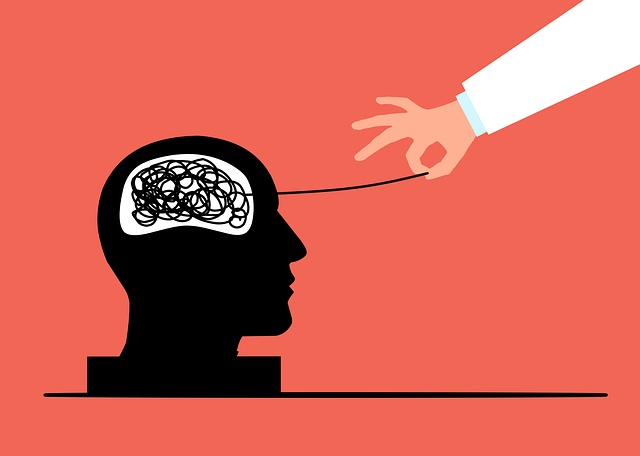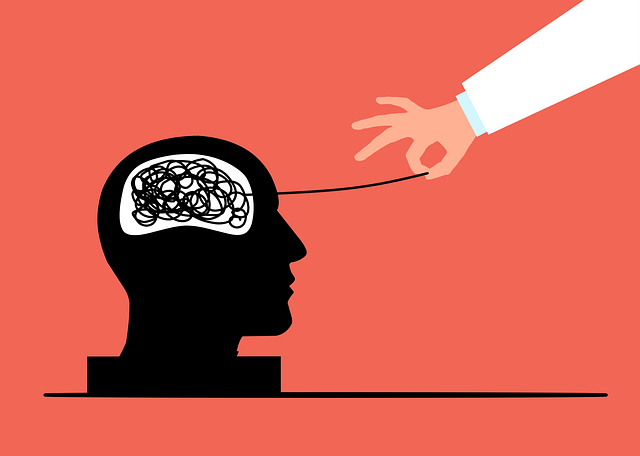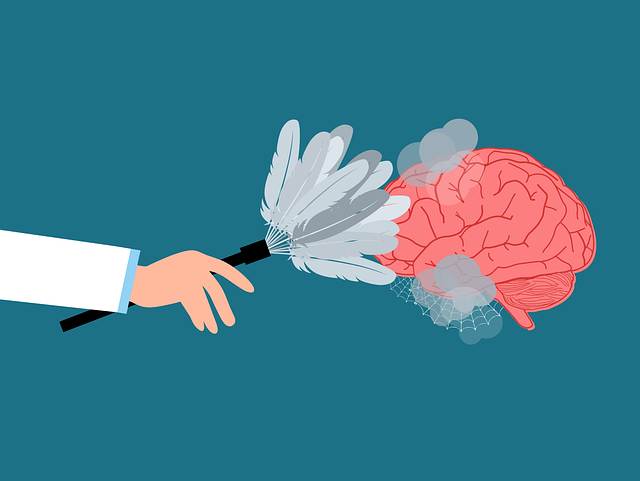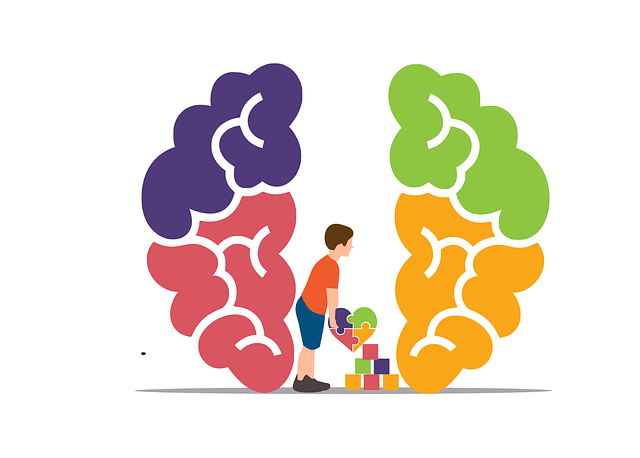Broomfield couples facing mental illness challenges struggle with communication issues that hinder therapy. Misunderstandings, unspoken assumptions, and difficulty expressing emotions create a complex web complicating diagnosis and management. Mental Health Policy Analysis and Advocacy can address these issues by promoting open dialogue, educating on conflict resolution techniques, and encouraging early intervention discussions about mental health concerns. Integrating these conversations into therapy sessions through Broomfield Couples Communication Issues Therapy offers a more holistic approach to couples' well-being, improving diagnosis accuracy and community mental health care.
Mental illness diagnosis accuracy is a critical aspect of patient care, and efforts to improve it are gaining momentum. This article explores three key strategies: understanding and addressing communication issues in Broomfield couples, enhancing diagnosis techniques through therapy approaches, and building a supportive network for better mental health care. By focusing on these areas, we aim to provide insights into how professionals can improve diagnostic accuracy, ultimately leading to more effective treatment plans.
- Understanding the Challenges: Broomfield Couples and Communication Issues
- Enhancing Diagnosis Techniques: Improving Accuracy through Therapy Approaches
- Building a Supportive Network: Community Efforts for Better Mental Health Care
Understanding the Challenges: Broomfield Couples and Communication Issues

In the context of mental illness diagnosis accuracy, Broomfield couples face unique challenges that often hinder effective therapy. Communication issues within these partnerships can significantly impact the overall treatment process. Misunderstandings, unspoken assumptions, and difficulties in expressing emotions create a complex web that complicates the identification and management of mental health conditions. For instance, depression prevention strategies may be overlooked or misinterpreted due to these communication barriers.
Mental Health Policy Analysis and Advocacy plays a crucial role in addressing Broomfield Couples Communication Issues. By promoting open dialogue and educating both partners on effective Conflict Resolution Techniques, communities can enhance therapy outcomes. Encouraging proactive conversations about mental health concerns allows for early intervention, potentially mitigating the severity of depression and other conditions. Moreover, integrating these discussions into traditional therapy sessions can revolutionize care, ensuring a more holistic approach to Broomfield couples’ well-being.
Enhancing Diagnosis Techniques: Improving Accuracy through Therapy Approaches

In the pursuit of enhancing mental illness diagnosis accuracy, therapists are continuously exploring innovative techniques to improve identification and treatment approaches. One such method involves Broomfield Couples Communication Issues Therapy, which focuses on improving interpersonal dynamics and communication skills. By facilitating open dialogue and fostering better understanding between individuals, this therapy model can significantly impact overall emotional well-being promotion techniques. Through structured sessions, patients learn to navigate complex conversations, manage mood disturbances, and resolve conflicts, thereby enhancing the accuracy of mental health assessments.
Additionally, community outreach program implementation plays a pivotal role in these efforts. By extending services beyond traditional clinical settings, mental health professionals can reach a wider population, especially those who might face barriers to accessing care. This inclusive approach not only improves diagnosis accuracy but also contributes to the overall goal of fostering healthier communities. Integrating Emotional Well-being Promotion Techniques within these outreach programs ensures that individuals receive comprehensive support, ultimately leading to better management of their mental health and improved quality of life.
Building a Supportive Network: Community Efforts for Better Mental Health Care

Building a supportive network is an essential aspect of enhancing mental health care and improving diagnosis accuracy. Community efforts play a pivotal role in fostering an environment where individuals facing mental illness feel understood, supported, and encouraged to seek help. By promoting open conversations about mental health, breaking down stigma, and reducing the associated shame, communities can create safe spaces for people to discuss their struggles. This includes initiatives like peer support groups, educational workshops, and awareness campaigns that encourage early intervention and treatment-seeking behaviors.
In Broomfield, Colorado, for instance, community organizations collaborate with local healthcare providers to offer a range of services addressing various mental health concerns, from individual therapy sessions focused on couples communication issues to group programs aimed at burnout prevention. These collaborative efforts prioritize the integration of Mind Over Matter principles, empowering individuals to develop coping strategies and build resilience. Furthermore, Healthcare Provider Cultural Competency Training is conducted regularly to ensure professionals are equipped to deliver culturally sensitive care, facilitating accurate diagnoses and effective treatment plans tailored to diverse populations.
Mental illness diagnosis accuracy has seen advancements through enhanced therapy approaches and community efforts. Understanding the nuances of communication issues in Broomfield couples, as highlighted, is a crucial step towards better assessment. Integrating these insights with improved diagnostic techniques promises more precise identifications. Furthermore, building a supportive network emphasizes the importance of collective action for better mental health care, fostering an environment where individuals can access and benefit from effective therapies like those tailored for Broomfield couples.














